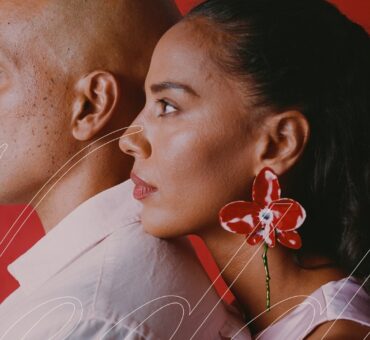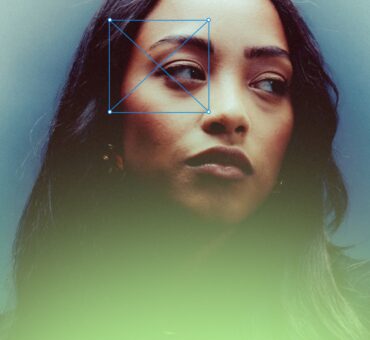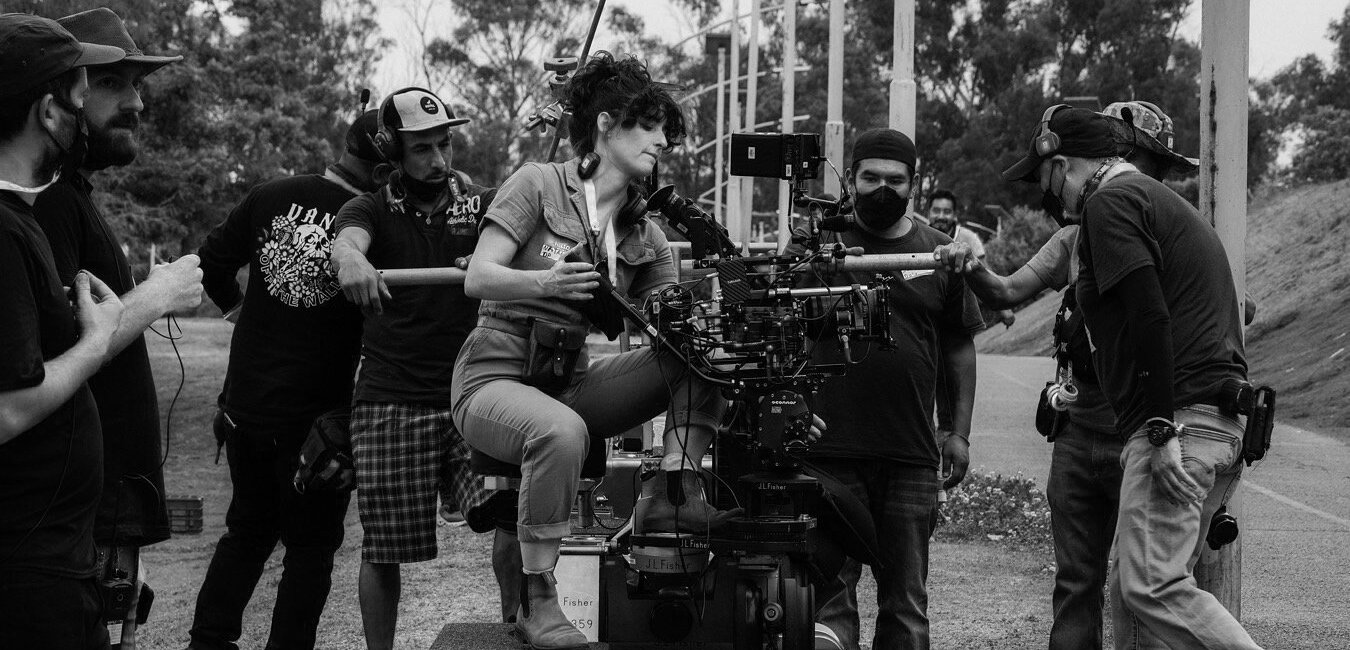Over the past few years, cinematographer Natalie Kingston has been a shining example of what some would call “up and coming.” She’s done spots for brands like Adidas, Duluth Trading Company, and Mass Mutual, and her work has been chosen as Official Selections at film festivals like Tribeca, Raindance, and SXSW.
Kingston spent most of 2021 in New Orleans shooting her highest-profile project yet—the Apple+ crime drama, Black Bird. Upon its release in the summer of 2022, the limited series was an immediate critical and audience favorite, and, as the year drew to a close, it landed on multiple “best of” roundups and scored three Golden Globe nominations.
Kingston’s key role in helping Black Bird take flight is even more noteworthy due to the fact that it was her first-ever series as solo DP. During her recent appearance as a guest on the Musicbed Podcast, she shared a few thoughts on the show’s 90+ day location shoot at Orleans Parish Prison. Her musings reveal a compelling snapshot of an artist at a crucial career milestone many of us are working toward: The project that proves we’re leveling up to bigger and better things.
We’ve gathered a few takeaways from her interview below, all of them focused on her observations as a first-time DP on a prestige streaming series. Read what she had to say, and then stream the full episode here.
1. Living the dream is hard—and incredibly satisfying—work.
Over nearly 100 days, Kingston shot six episodes, each with a runtime close to an hour. It was tough work, especially when you consider she was working in a real (albeit shuttered) prison, a cramped environment nobody would associate with comfort. It’s the kind of situation that could make some reconsider their career choices. Not Kingston, though.
“Even though it was an episodic project, it felt like we were making one very long feature on steroids. It’s the hardest, longest shoot I’ve ever done, because it’s leveling up,” she says. “But at the end of it, on day 95, I knew it’s where I belonged. I thought to myself—as hard as this was, this is exactly what I want to be doing. I was exhausted. Of course I needed a break. But I was ready to do it again. I can’t wait to do it again.”
2. Long shoots offer the chance to make every day better than the one before.
Small quick-and-dirty productions have their benefits (more on that in a moment), but one thing they are not is forgiving. You have to keep moving, because the clock seems to tick a little louder and faster on short shoots. It’s obviously still possible to get things right, but, as Kingston notes, longer shoots simply offer more chances to get more things more right.
“I love long shoots, because there’s this thing—almost an addiction of wanting to do better than you did the day before. If something did great, okay. But if something didn’t go so well one day, how can I make this better the next day? You just feed off of that,” she says. “I saw that, with a series, you learn so much in that period, just doing it day after day after day. You’re just doing reps every day, you know, you’re building that muscle, and it feels so good to be in such a rhythm of shooting.”
3. Big budgets aren’t necessarily better—just different.
Few would turn down a chance to work on a project with a multi-million dollar budget, but there are perks associated with smaller indie productions that money simply can’t buy. Another way to say it: The more moving pieces and dependencies, the fewer opportunities to “follow your muse” on the fly.
“The magical thing about indie films is the creative flexibility. You can change things at the last minute and be more in the moment than you could on this big of a show. With something like Black Bird, you know, there are just so many people. It’s a huge circus,” she says. “On indie films, if you see a magical moment, like a sunset across the way of your set, you can just go run and get it. On this, I remember seeing that and I’m, like, I really want to go shoot that. And then I turned around and looked at all the trailers and the tents and the trucks and the 100+ crew, and I’m like—there’s no way that could happen.”
4. Big budgets aren’t necessarily better—but sometimes they are.
Piggybacking off of the last point, there are plenty of perks that big-budget money can buy, and those perks make it easier to focus on parts of your role in new ways. It’s no secret that having a larger crew has advantages, but realizing the ramifications of the situation for the first time—and the creative freedom it brings—is a big moment.
“One big thing that was very new for me and very liberating, was having a rigging team. You know, just having a rigging gaffer, a rigging key grip who did everything beforehand based on the plan, and then we show up to set and it’s 90% there. And then it’s just tweaking,” she says. “I’d get there at least 30 minutes early, and the riggers are there, and everything we talked about is in place. I’d ask, hey, can you turn everything on? And then I could just sit in the space and prepare myself mentally for what needs to be done.”
Go deeper with Natalie Kingston as she shares her insight on the interview process that led to the job, shooting with intention, trusting your instincts, and more. Stream Musicbed’s Podcast now.

















































































